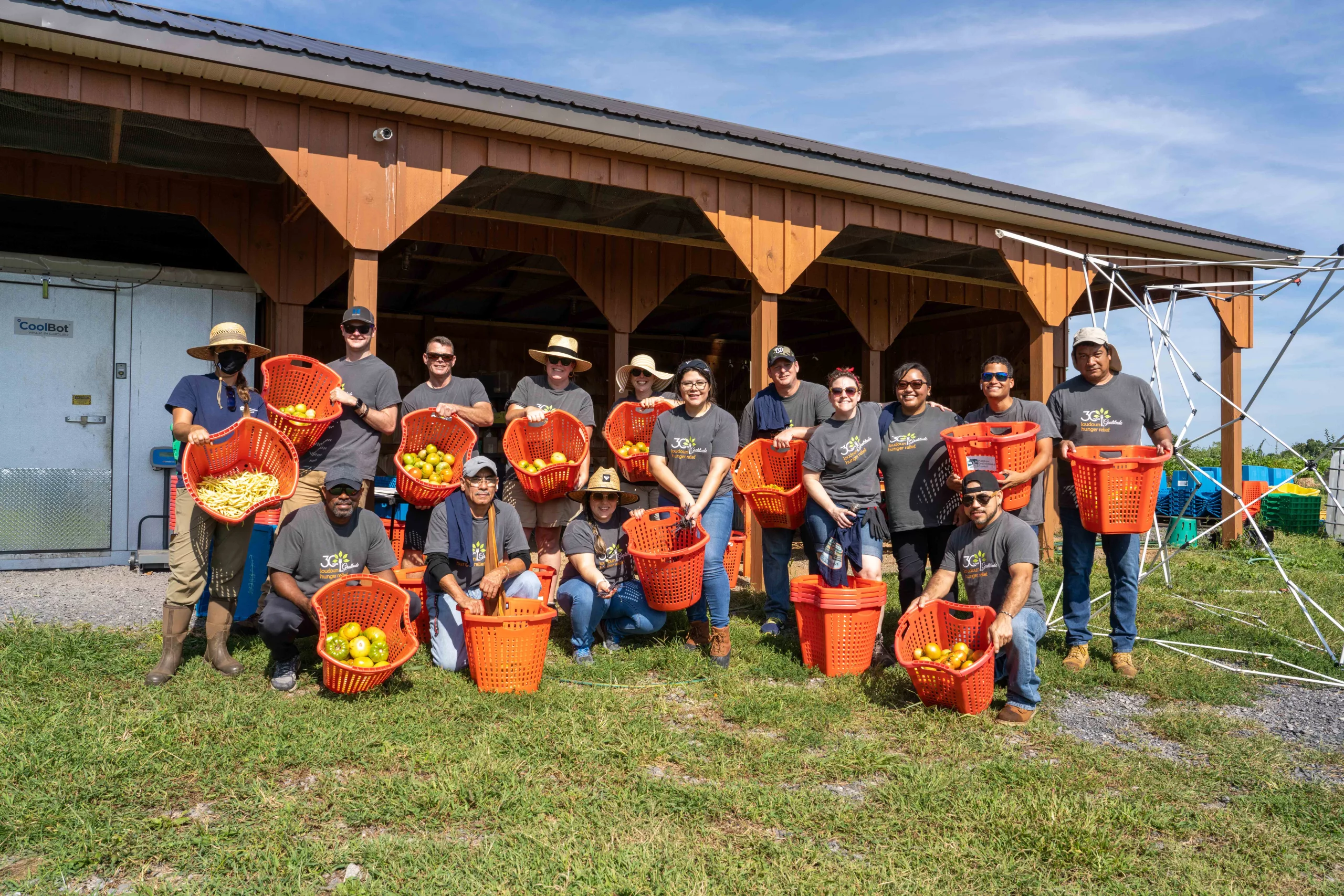For more than 50 years, The Piedmont Environmental Council (PEC) has remained steadfast in our resolve to strengthen the rural economy throughout our nine-county region. We’ve done this by working directly with landowners to conserve farmland and with farm families to deploy management practices that increase productivity while also protecting agricultural soils and the streams that provide our drinking water. And through our Buy Fresh Buy Local guide, we hope to promote working farms and the fresh, local food they produce.
Never before has the value of the local food system been more apparent than during Covid-19. The pandemic exposed vulnerabilities and flaws in our national supply chain, increasing demand for local food, animal processors and food pantries. A strange phenomenon occurred: farm products produced in this region were not directly available to meet local demand because of a shortage of local processing and distribution. The lesson learned is that we cannot, and should not, rely on just a few globally-scaled producers for food security in our communities. In light of the struggles over the last few years, PEC has doubled down on work to support a sustainable and resilient local food system in four key ways.
Supporting Local Farmers
Farm businesses are the lifeblood of our local rural and agricultural economies. In 2023, PEC published three new Buy Fresh Buy Local print publications, which connect local farms and producers directly to consumers and are mailed to more than 300,000 households in the region. Together with the online version found at buylocalpiedmont.org, these resources provide a means for farmers to market their products and help consumers find and purchase local, healthy, fresh food.

Championing Soil Health
Soil is immensely important to our natural ecosystems and agricultural economy. Virginia State Code refers to the best soils as “prime soils,” and unfortunately, Virginia is losing this finite resource—which can’t be reproduced or replaced—to numerous forms of development. Protecting what remains is essential to ensuring current and future agricultural production and supporting a strong local food system across the Piedmont. Whether you’re a farmer, a nature lover,
or a food lover, you can join us as an advocate for healthy soils.
Solving Supply Chain Issues
The limited local animal processing capacity that was illuminated during the pandemic has eased somewhat with three new facilities within PEC’s nine-county region having come online since Jan. 1, 2021, and the expansion and processing improvements at several others. Still, the major concern of all of these processors has been the availability of trained labor. PEC, in partnership with the American Farmland Trust (AFT) has funded a meat cutter training program that has
graduated nearly two dozen qualified workers as of April 2023. PEC and AFT worked with the Rappahannock Center for Education to develop and implement this course, which we hope will be expanded to Virginia’s Community College System or other partners to help meet the labor needs outside our region as well.
Farming with Community Support
PEC’s Community Farm at Roundabout Meadows, located in Aldie, Va., is part of our direct support of the region’s food-insecure population. While Loudoun County is one of the wealthiest and most rapidly developing jurisdictions in our country, more than 15,790 Loudoun residents—half of them children—are food insecure, and these numbers are rapidly increasing. With the help of hundreds of volunteers each year, we donate 100 percent of what is grown at our community farm to Loudoun Hunger Relief. Through this vital partnership, and through the distribution of produce to approximately 15 other partner organizations, this food goes directly into the hands of those who need it most. Volunteers are needed for ongoing planting, harvest, and sorting produce through the end of October. Community members interested in volunteering at the Community Farm can visit pecva.org/farmvolunteer to learn more!
